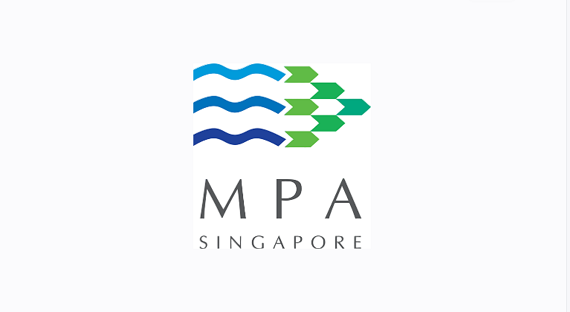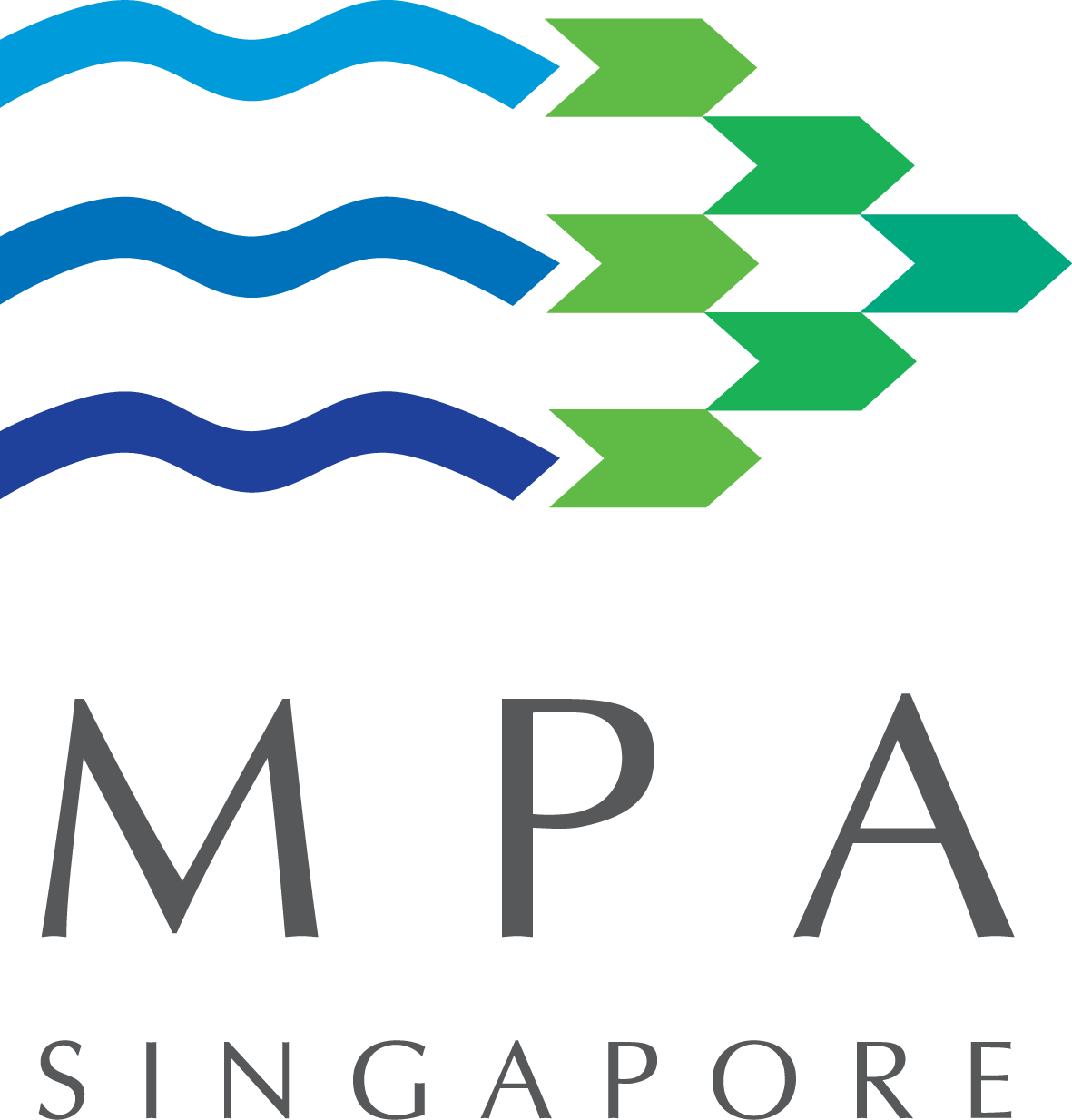IN RESPONSE TO QUERIES on Singapore’s Readiness to Conduct Ship-to-Ship Transfer of Ammonia

The Maritime and Port Authority of Singapore (MPA) welcomes studies, pilots and collaborations that contribute to the maritime sector’s decarbonisation efforts. These efforts must, however, be accompanied by thorough validation of the studies, calibration of models to assess the impact of incidents (such as through dynamic near and far field modelling and validation of mitigation measures1), and rigorous procedures to ensure the safety of the port, port community and ship crew.
2. Pilots and trials involving the bunkering of new low and zero-emission fuels require comprehensive preparations, including the development of new safety procedures and draft bunkering standards, thorough end-to-end operational and other risk assessments, safety audits of bunkering and receiving vessels, development of 24/7 operational models, emergency procedures, updating the training and equipping of the ships’ crews involved, among others.
3. Such preparations are currently underway for the conduct of the first methanol bunkering operation in the port of Singapore. Over 80 participants, including 28 agencies, research institutes, associations and international bodies participated in table-top exercises on 26 April 2023 to discuss risk management and responses for methanol fuel bunkering. Ground deployment exercises and further training will be conducted before operations start in Q3 2023.
4. On 5 Dec 2022, MPA and the Energy Market Authority of Singapore (EMA) launched an Expression of Interest (EOI) to build, own and operate low or zero-carbon hydrogen and ammonia bunkering solutions. The EOI will enable Singapore to assess the viability of such projects, and support the development of safety standards, regulations and the ecosystem needed to support ammonia bunkering. The closing date for submissions was 30 Apr 2023, and MPA and EMA will thoroughly review the proposals received.
5. There were recent media posts and reports suggesting that Singapore was ready to conduct the first transfer of ammonia in Singapore’s port waters before end-2023. These articles also highlighted that “the risk identified for conducting (ammonia-related) pilots in the Port of Singapore were found to be low or mitigable, thus paving the way for a pilot project to take place at three identified sites”. These views do not represent the assessment of MPA and other government agencies – the timeline before end-2023 is not realistic and should not prejudge the outcomes of the EOI, as well as further assessments and standards development by MPA and the relevant agencies.
6. On 27 April 2023 during the Singapore Maritime Week, various ammonia-related studies such as by Vopak, the Maritime Energy & Sustainable Development Centre of Excellence (MESD)2 and A*STAR’s Institute of High Performance Computing were presented. For instance, MESD’s report titled “Ammonia as a Marine Fuel – Bunkering, Safety and Release Simulations”3 provided an overview of the risks involved in handling ammonia as a bunker fuel, and the presentation highlighted that more dispersion and release studies are needed to better understand the impact of a release under various environmental conditions and scenarios, and that available mitigation and response measures will require further work.
7. MPA is committed to decarbonising the maritime sector and international shipping, and looks forward to working with partners to advance this effort in a safe, secure and sustainable manner. We remain open to the use of different alternative fuels which can reduce the maritime industry’s carbon emissions.
1 Dynamic near and far field models refer to the dispersion modelling of the extent of impact at immediate vicinity of an incident and further off during a sudden release of emissions into the atmosphere.
2 MESD is jointly funded by Singapore Maritime Institute and the Nanyang Technological University.
3 https://ebook.ntu.edu.sg/ammonia-as-a-marine-fuel.html
